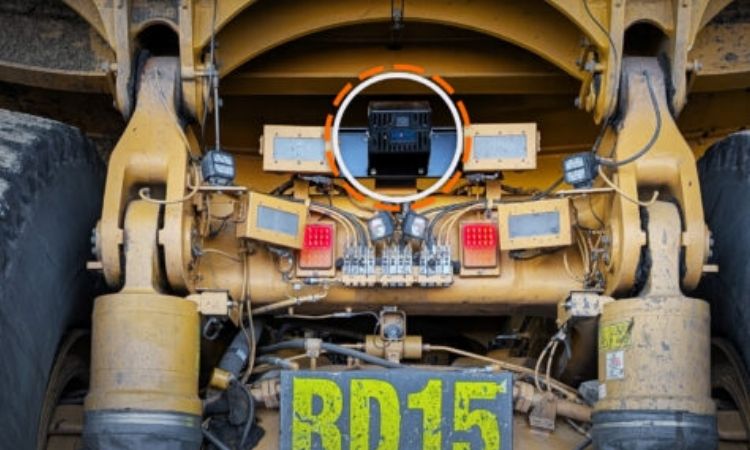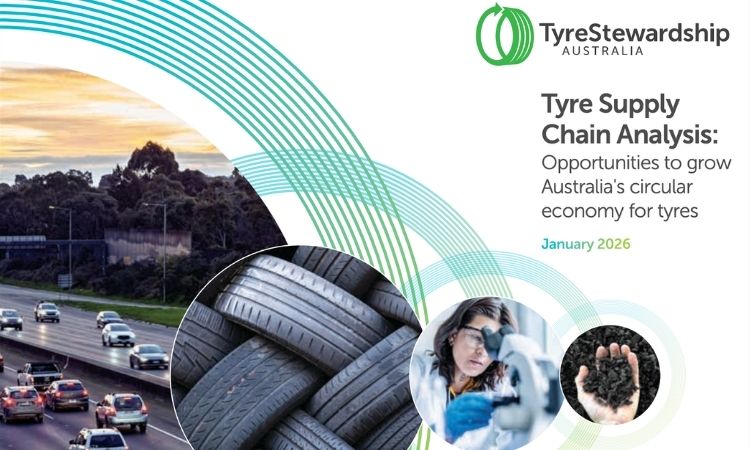Michelin and Bridgestone to transform recovered carbon black into resource for new tires
Michelin and Bridgestone publicly announced their collaboration on developing the recovered carbon black on November 22 at the Smithers rCB Conference in Amsterdam.
Sander Vermeulen of Michelin and Jake Ronsholt of Bridgestone took to the stage to discuss the role of pyrolysis in the tire recycling industry as well as the opportunities it presents.
Vermeulen was apparent that pyrolysis had the potential to reduce the amount of fossil fuel utilized for virgin Carbon Black used in tires, but there were obstacles. Vermeulen was apparent that pyrolysis had the potential to reduce the amount of fossil fuel utilized for virgin Carbon Black used in tires, but there were obstacles. According to Vermeulen, many operators had demonstrated that industrial pyrolysis on a small scale could produce the needed rCB. However, when scaled up to major commercial operations, there was no uniformity and no standards, and there was a lack of consistency and specification.
The tire makers had failed to explain their requirements and specifications, according to Ronsholt and Vermeulen, and this had to change. The tire makers needed to be clear about the specifications and qualities that any rCB should have. This was the reason Michelin and Bridgestone teamed up.
Environmental sustainability was becoming increasingly important to society, government, and pressure groups, and it was now critical to how Michelin and Bridgestone would work in the future. Despite the fact that they were competitors, they had to work together to develop the market and conditions for increased utilization of recycled resources, particularly recovered Carbon Black.
Recovered Carbon Black offers the potential to diminish the tire industry's dependency on petrochemicals by substituting a sustainable and circular alternative for a portion of standard Carbon Black without sacrificing performance. In addition, compared to virgin materials, using recovered Carbon Black in fresh tire production reduces CO2 emissions by up to 85%.
Bridgestone and Michelin will lead the creation of a position paper outlining the tire industry's role in forming a circular economy as part of the joint project. The firms will release a white paper later in 2022 that will explain the technical requirements, characteristics, and potential solutions for increasing the use of recovered Carbon Black in new tires.
To learn more, read the official press release by Bridgestone.
Weibold is an international consulting company specializing exclusively in end-of-life tire recycling and pyrolysis. Since 1999, we have helped companies grow and build profitable businesses.









